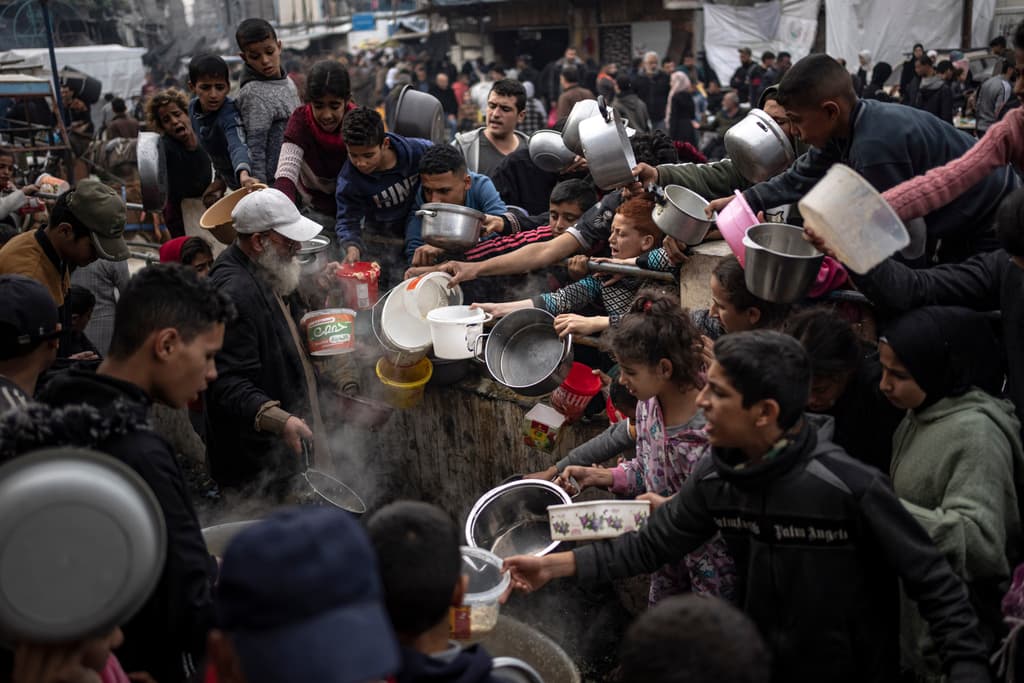Israel Mostly Excluded From Talks as America Signals Support for UN Resolution Seeking Increase in Gaza Humanitarian Aid
The scheme being considered has been tried before — under the now-infamous name of oil-for-food.

The United States signaled late Thursday that it may support, after weeks of negotiations, a resolution by the United Nations Security Council calling for an increase in humanitarian aid to Gaza.
Before they vote on the resolution, though, diplomats in Turtle Bay — perhaps too young, or, alternatively, too old, to remember — calling for the creation of a new United Nations bureaucracy to speed up the aid would do well to remember that they have been down this road before — under the now-infamous name of oil-for-food.
A login link has been sent to
Enter your email to read this article.
Get 2 free articles when you subscribe.

